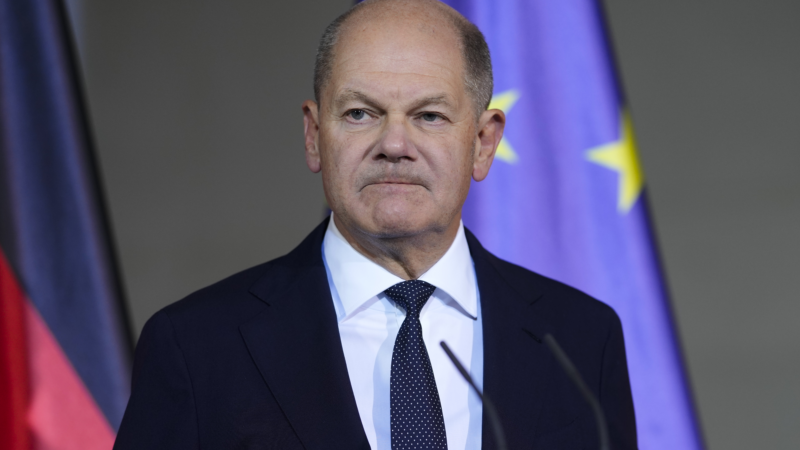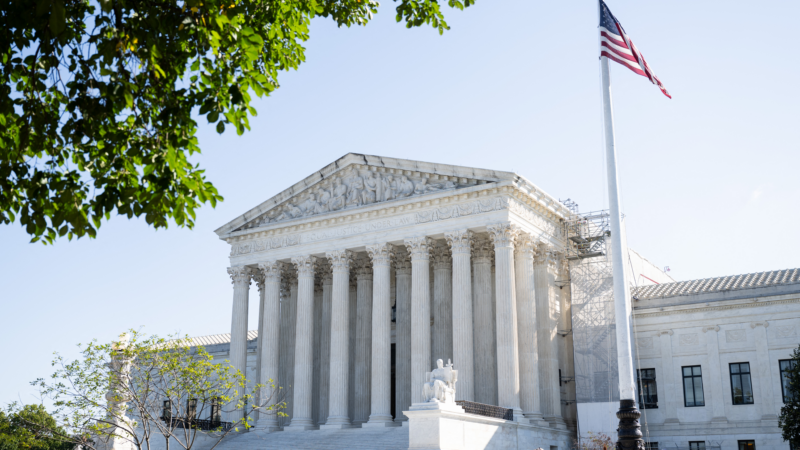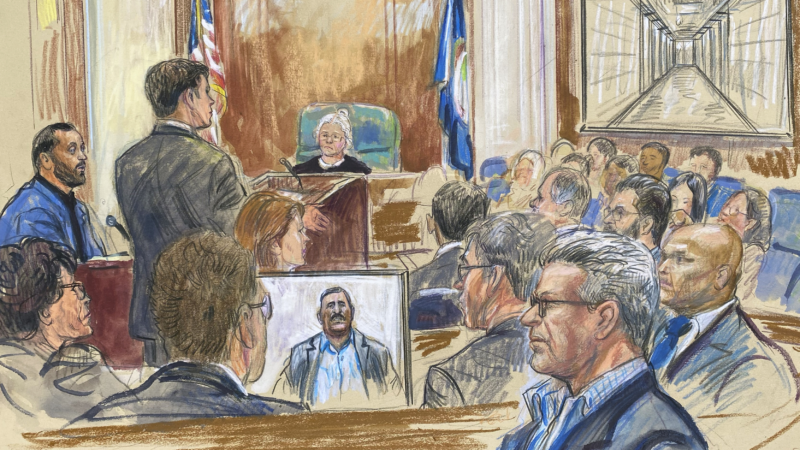Germany’s coalition government collapses as Chancellor Scholz fires his finance chief
BERLIN — German Chancellor Olaf Scholz has fired Finance Minister Christian Lindner, paving the way for a confidence vote by parliament on Jan. 15 that is expected to lead to early elections next March.
In a news conference Wednesday evening, Scholz said Lindner was making work impossible in the governing three-party coalition, notably by refusing compromises on restarting the country’s sluggish economy, and on how to plug a multibillion euro hole in the budget.
“The finance minister shows no willingness to implement the offer for the good of our country. I do not want to subject our country to such behavior any more,” Scholz said, barely hiding his irritation.
The move signaled the collapse of the coalition government that has led Europe’s largest economy since 2021.
The governing coalition is composed of Scholz’s Social Democrats, Lindner’s pro-business Free Democrats and the Green party. The coalition took office after political heavyweight Chancellor Angela Merkel left politics.
However, it has struggled through internal disputes worsened by the Russian invasion of Ukraine, and the rise of the far-right Alternative for Germany, now Germany’s second most popular political party.
The dismissal of Lindner will lead to a confidence vote which could pave the way for new elections. The political sleight of hand is required as the German constitution does not allow a chancellor to directly announce early elections.
Lindner’s ouster came despite appeals within the coalition to stick together in the wake of the election of Donald Trump as U.S. president.
Omid Nouripour, co-chair of the Greens, said before Scholz’s announcement that the coalition had an opportunity “to signal that we have understood how serious the situation is.”
And the Green party leader, Economy Minister Robert Habeck, wrote on X that “now is the time to show some responsibility … Germany must be fully capable of acting.”
But Scholz appears to be eager to go back to the voters for a new mandate, even though polls suggest his coalition is deeply unpopular: 82% of respondents told the Forsa polling agency on Wednesday they did not think the governing coalition could solve the country’s economic problems.
Rob Schmitz reported from Berlin; Nick Spicer reported from Washington, D.C.
Pentagon secrets leaker Jack Teixeira is sentenced to 15 years in prison
A federal judge sentenced Jack Teixeira, a Massachusetts Air National Guard member, to prison after he pleaded guilty to leaking highly classified military documents about the war in Ukraine.
Supreme Court refuses legal lifesaver for former Trump chief of staff
The Supreme Court dealt a major legal blow to former White House Chief of Staff Mark Meadows on Tuesday, refusing to move the Georgia election interference charges against him to federal court.
My Little Pony, Transformers, Phase 10 join the National Toy Hall of Fame
The three 1980s staples are new National Toy Hall of Fame inductees. Hess Toy Trucks, the Pokémon Trading Card Game, the trampoline, and balloons were among the finalists.
A U.S. jury awards former Iraqi detainees $42 million for Abu Ghraib prison abuse
The jury also decided to hold a Virginia-based military contractor responsible for contributing to the torture and mistreatment of detainees at the notorious Iraqi prison two decades ago.
Trump to name former Arkansas Gov. Mike Huckabee as ambassador to Israel
In the midst of the Israel-Hamas war, President-elect Donald Trump announced he will nominate Huckabee, a loyalist and former Republican governor, to serve in the key post as ambassador to Israel.
With Trump coming into power, the NIH is in the crosshairs
The National Institutes of Health, the crown jewel of biomedical research in the U.S., could face big changes under the new Trump administration, some fueled by pandemic-era criticisms of the agency.






